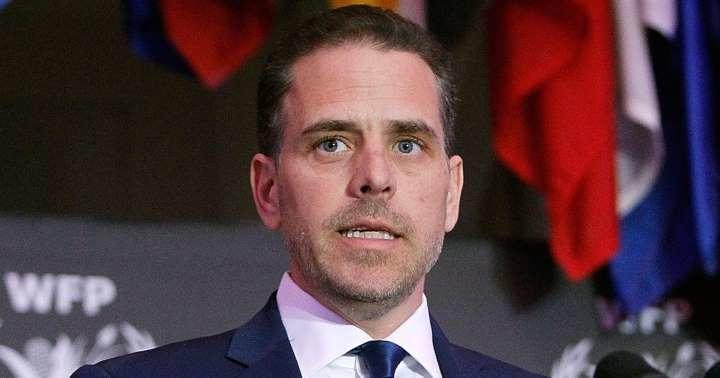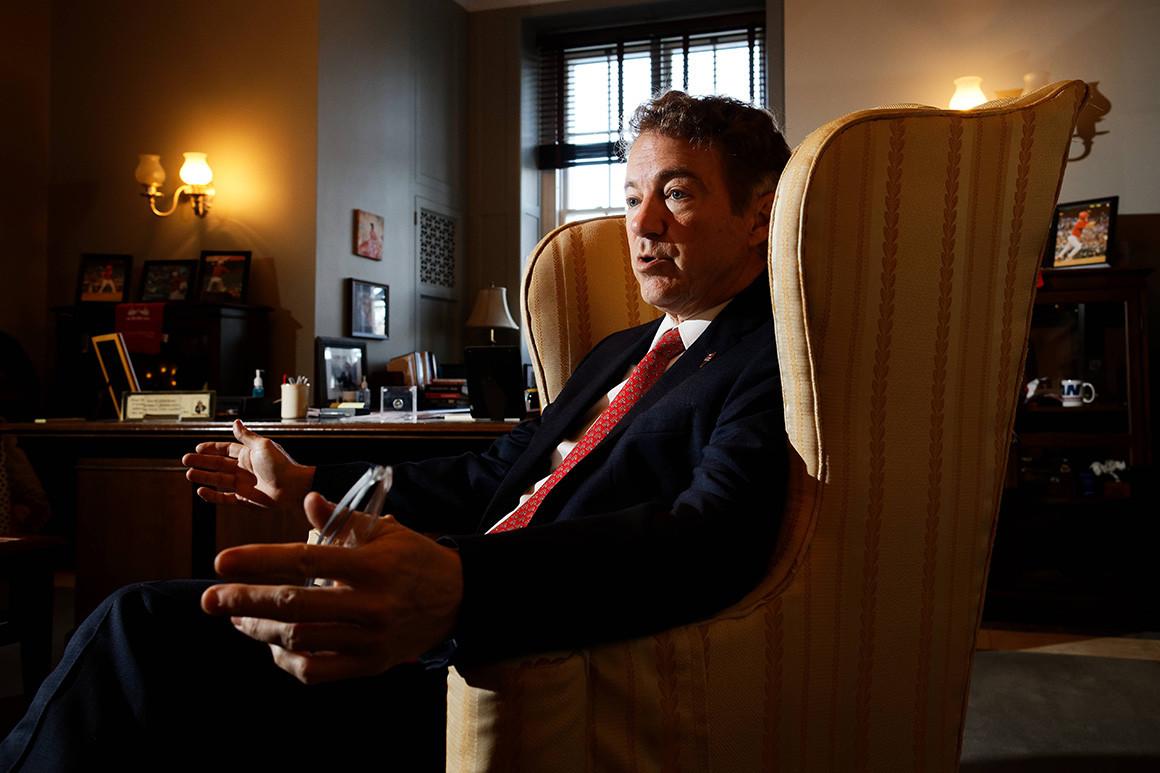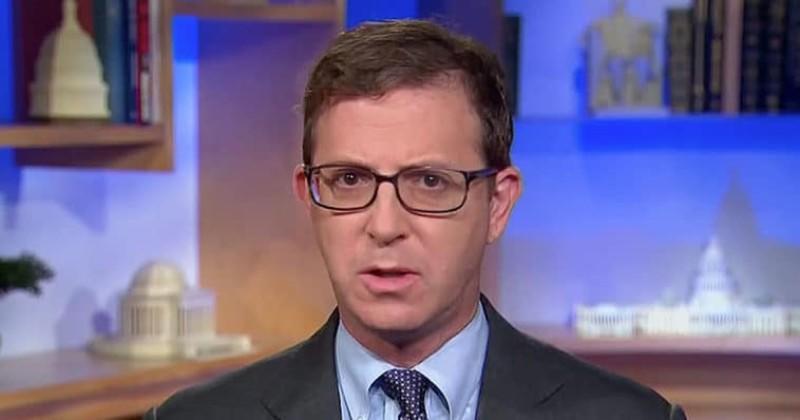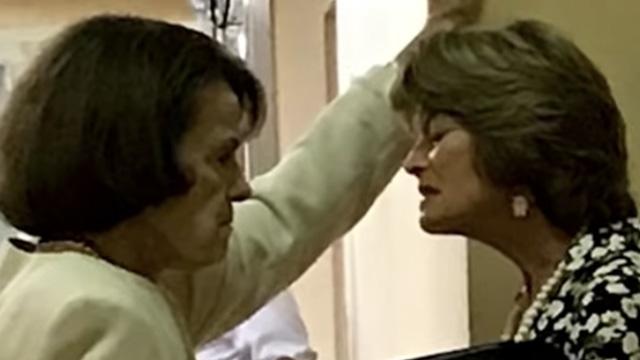Top Official Confirms Saudis Paid US $500 Million To Cover Troop Costs
CNN Pentagon correspondent Barbara Starr reports that Saudi Arabia has paid the United States an estimated $500 million to assist the cost of US troop deployments in the kingdom, according to one unnamed US defense official:
The payment was made in December last year. President Donald Trump asserted last week in an interview with Fox News that Saudi Arabia had “already deposited $1 billion in the bank.”
It was in early December that Trump began boasting he got “billions of dollars” out of Saudi Arabia for the current heightened American military presence there to ‘deter Iran’. The thousands of troops sent there followed the Sept.14 Saudi Aramco facility attack, which Washington said Iran was behind.
“You know, Saudi Arabia – we moved more troops there. And they’re paying us billions of dollars. Okay? You never heard of that before. You’ve never heard of that in your whole life,” he said in a Dec.4 question-and-answer session while sitting next to NATO Secretary-General Jens Stoltenberg.
The new CNN report marks the first time the media has been able to get affirmative confirmation that this ‘deal’ was actually done following the president’s ambiguous and for many, shocking remarks.
One week ago Trump gave more details and raised eyebrows when he told Fox’s Laura Ingraham the Saudis “already deposited $1 billion in the bank” — resulting in outrage among some Congressional leaders and media pundits, given the apparent secretive quid pro quo nature of the arrangement .
He sells troops.
“We have a very good relationship with Saudi Arabia—I said, listen, you’re a very rich country. You want more troops? I’m going to send them to you, but you’ve got to pay us. They’re paying us. They’ve already deposited $1B in the bank.” pic.twitter.com/rc1f7heyCP
— Justin Amash (@justinamash) January 11, 2020
But it’s not the first time the Saudis have foot the bill for major troop presence on its soil, as the CNN report notes:
Saudi Arabia, Kuwait and other Gulf states paid $36 billion towards the costs of the Gulf War in 1990-91.
While not giving specifics — and certainly with regard to any specific one billion number or expected cost — the Pentagon has issued official statement that “cost-sharing” discussions are ongoing with the Saudis.
“Consistent with the President’s guidance to increase partner burden-sharing, the Department of Defense has engaged Saudi Arabia on sharing the cost of these deployments, which support regional security and dissuade hostility and aggression. The Saudi government has agreed to help underwrite the cost of these activities and has made the first contribution,” Pentagon spokeswoman Cmdr. Rebecca Rebarich said.
“Discussions are ongoing to formalize a mechanism for future contributions that offset the cost of these deployments,” the statement added.
Tyler Durden
Fri, 01/17/2020 – 17:25
via ZeroHedge News https://ift.tt/38m3fcN Tyler Durden






